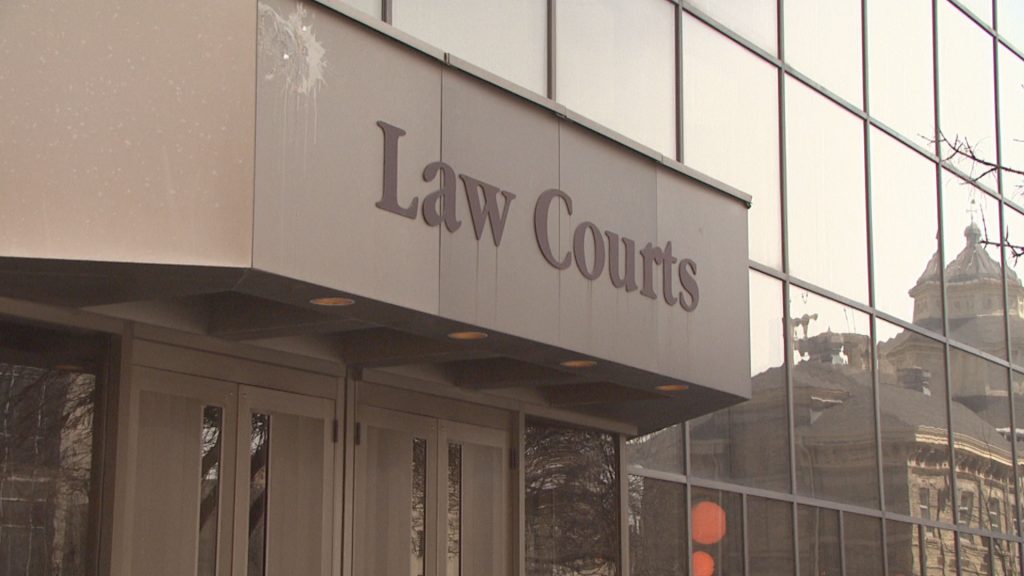
A Saulteaux man found guilty of murder in 1974 will ask a judge in a Winnipeg courtroom today to grant him bail pending a decision from the federal justice minister to quash his conviction.
Innocence Canada, a non-profit that advocates for people wrongly convicted of a crime, says it filed an application last month with Justice Minister Arif Virani for a ministerial review of Clarence Woodhouse’s conviction in the death of Ting Fong Chan.
In July, Chief Justice Glenn Joyal of the Court of King’s Bench acquitted Brian Anderson and Allan Woodhouse in the death of Chan, a restaurant worker who was stabbed to death in 1973 near a downtown construction site.
Joyal said at the time that systemic and individual racial discrimination within the justice system played a part in the wrongful conviction of both men.
Read More:
Two Indigenous men acquitted of murder after 50 years
Innocence Canada maintains the prosecution’s case at Clarence Woodhouse’s trial depended on a confession that he was supposed to have made in fluent English, despite Saulteaux being the language he spoke.
The group says Woodhouse testified that he was assaulted by Winnipeg police into signing a false confession, but the trial judge and the jury didn’t believe him.
“Forty-nine years has been an interminable wait for Clarence Woodhouse, but he never gave up. (Monday) will be an extraordinary day for him, to be back in the very same court where he was wrongly convicted,” Jerome Kennedy, a director of Innocence Canada, said in a statement.
Clarence Woodhouse is a member of Pinaymootang First Nation.
Brian Anderson was released on parole in 1987 and Allan Woodhouse in 1990.
A fourth accused, Clarence Woodhouse’s brother Russell Woodhouse, died in 2011.
Innocence Canada says it has also filed a posthumous application on Russell Woodhouse’s behalf with the support of his surviving sister, Linda Anderson.










